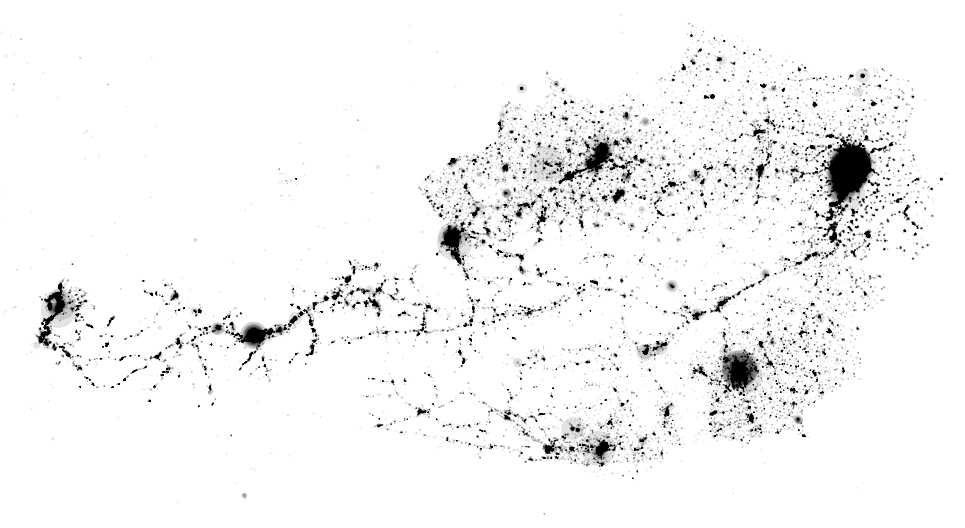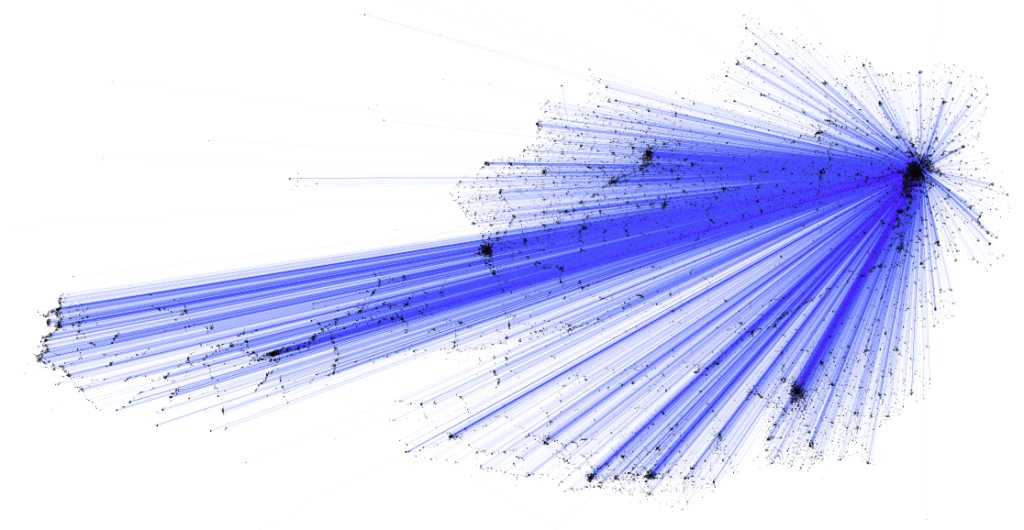Digital Atlas of Austria
The internet study “Digital Atlas of Austria” addresses the security-related and economic importance of the digital infrastructure. The target of this study is to provide a significant contribution for an improved understanding in this field.


Motivation
In a globally intensifying competition between locations, a powerful digital infrastructure is increasingly becoming a key differentiator among nations. With regard to the national economy, this infrastructure is essential for linking the national economy with international value-added processes. At the same time, these linkages make room for vulnerabilities. Cybercrime, industrial and economic espionage, technical defects and failures due to other causes are just some of the risks that may affect the performance and security of the digital infrastructure. The more economy, citizens and state depend on the functioning of digital infrastructure, the more protection against a possible failure is needed as an integral part of entrepreneurial and national security provision.
Digital Atlas of Austria
- gives information about Austria´s relevant digital infrastructure components and -grids,
- exemplarily illustrates the development and the process of Austria´s digital data traffic (for example capacity, direction) based on two specific examples in the context of critical infrastructures and
- gives an insight into the market conditions and ownership structures, which are significantly relevant for the digital infrastructure components and -grids.
The internet study “Digital Atlas of Austria” illustrates various infrastructural dependencies and their influence on the state, its economy and the society as a whole. The facts processed in this study are an important basis for decision on security policy (for example investments in resilience of critical components), economic and industrial policy (for example the support of national technology-actors in relevant market segments) as well as research policy (for example the support of fundamental and applied research in the context of the digital technology development).
Further Information
- The project was led by SBA Research.
- KIRAS Project Website
- DAÖ @ KIRAS Fachtagung 2017
Contact
The project has been funded by the Austrian security research programme KIRAS of the Federal Ministry for Climate Action, Environment, Energy, Mobility, Innovation and Technology (former BMVIT).